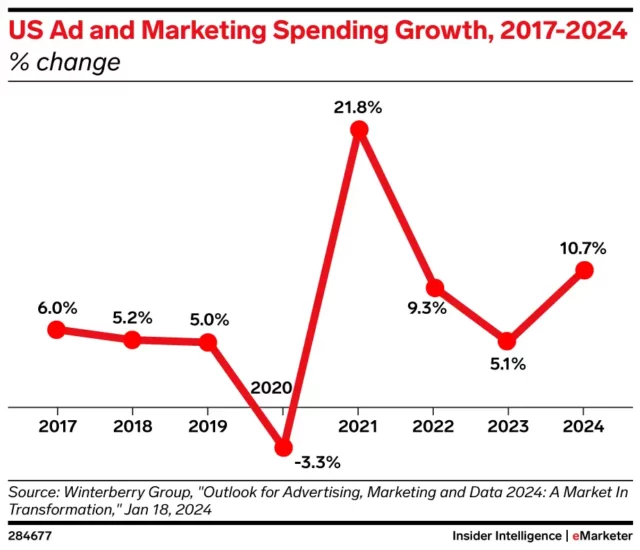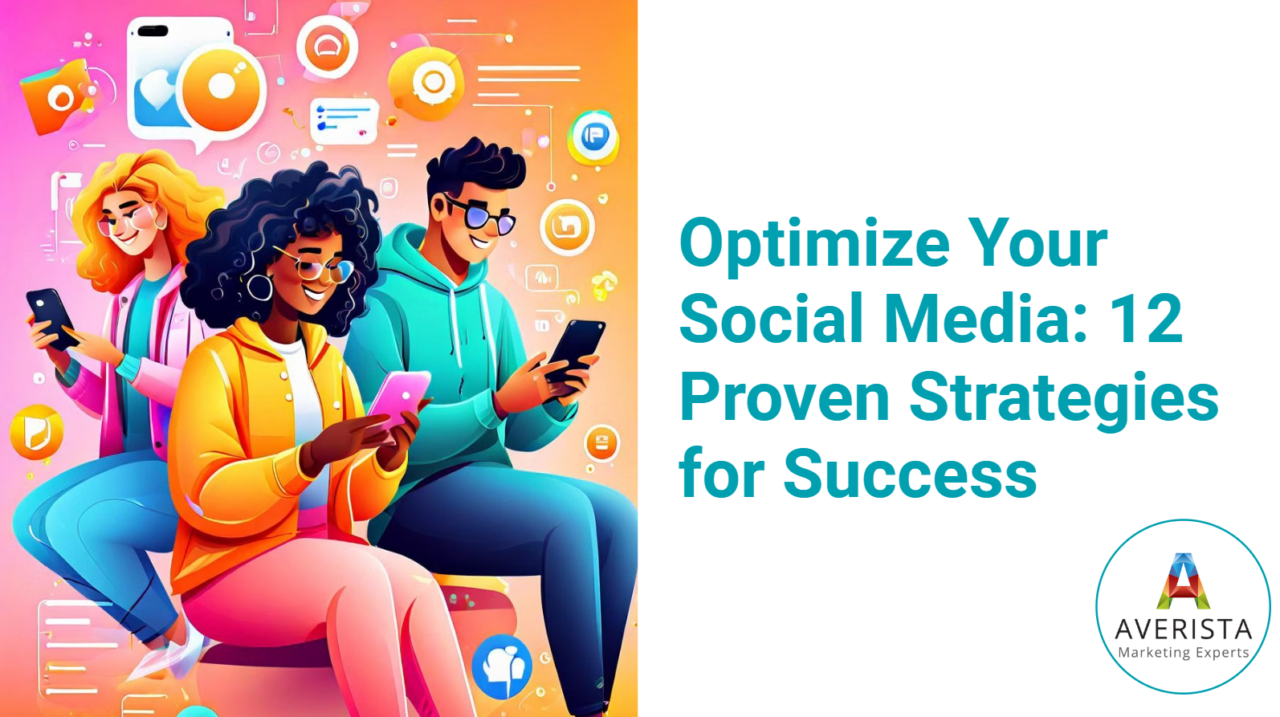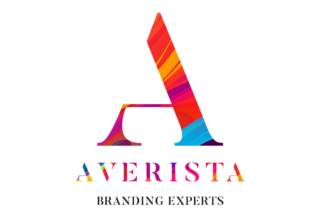1. Assess Your Current Strategy
First things first, take a good look at your current social media platforms. Use tools like Hootsuite and Sprout Social to analyze engagement metrics and audience demographics. This helps you understand what’s working and what needs improvement.
Conduct a Thorough Audit to Optimize Your Social Media
A comprehensive audit is essential for optimizing your social media strategy. Use tools like Google Analytics and Facebook Insights to gather valuable data. Look at metrics such as follower growth, engagement rates, reach, and conversions to get a clear picture of your current standing.
Companies that conduct regular audits see a 30% increase in engagement.
– HubSpot
2. Understand Your Audience to Optimize Your Social Media
Understanding your audience is crucial. Who are they? Where are they located? What are their interests and behaviors? Use tools like Facebook Audience Insights and Twitter Analytics to gather this data. Tailor your content to better meet their needs and preferences.
Read our article on understanding analytics reports for more insights.
3. Evaluate Content Performance to Optimize Your Social Media
Review metrics such as likes, shares, comments, and click-through rates to evaluate your content performance. Identify patterns in the types of posts that boost social media engagement, whether they are videos, infographics, blog posts, or user-generated content. According to a Buffer study, video posts generate 48% more views than other types of posts. For more tips on enhancing your digital content, check out our guide on Mastering Digital Content: How to Stand Out with SEO Copywriting.
4. Identify Gaps and Opportunities
Identify gaps and opportunities in your social media presence. Are there platforms where you’re not present but your target audience is active? Are there content types you haven’t tried yet? Use this analysis to pinpoint growth opportunities and areas for improvement. Read about the 8 Social Media Marketing Mistakes to Avoid to ensure you’re on the right track.
5. Benchmark Against Competitors to Optimize Your Social Media
Benchmark against competitors using tools like Sprout Social and Hootsuite. Compare your performance against competitors and adopt best practices. Analyze what your competitors are doing well and identify strategies you can implement or enhance.
78% of businesses that benchmark against competitors see a significant improvement in their social media performance.– Social Media Examiner
6. Set Clear Goals to Optimize Your Social Media

Set clear, measurable goals. Ensure your goals are SMART—specific, measurable, achievable, relevant, and time-bound. These could include increasing follower count, improving engagement rates, or boosting website traffic from social media. For more comprehensive strategies, refer to our article on 7 Online Marketing Strategies to Boost Sales.
Develop an Action Plan to Optimize Your Social Media
Develop a detailed action plan. Outline steps, content creation, posting schedules, engagement tactics, and metrics for measuring success. Assign responsibilities to team members to ensure accountability and streamline the execution of your strategy. Averista can assist in creating a comprehensive action plan tailored to your business needs.
Regular Monitoring and Adjustment
Regularly monitor and adjust your strategy. Use analytics tools to track your progress and make data-driven decisions. Social media is dynamic, and your strategy should be flexible to adapt to changes and trends.
Implement Adjustments to Optimize Your Social Media
Implement adjustments to optimize your social media strategy. Focus on platforms showing the most promise and experiment with new content types and posting schedules. This can help you find what resonates best with your audience and maximize your reach and engagement. Averista can provide ongoing support and adjustments to ensure continued success.
7. Re-Evaluate Your Platform Choices to Optimize Your Social Media
Re-evaluate your platform choices. Double down on platforms that deliver the best results and consider reallocating resources from underperforming ones. This ensures that your efforts are concentrated where they will have the most impact. Learn more about the differences and benefits of Online vs Offline Marketing in our detailed comparison.

8. Engage with Your Audience to Optimize Your Social Media
Enhance engagement by actively interacting with your audience. Respond to comments, participate in discussions, and acknowledge feedback. This not only boosts your engagement rates but also fosters a loyal community around your brand. According to Sprout Social, businesses that engage with their audience see a 33% increase in customer loyalty.
9. Run Targeted Campaigns
Utilize advanced targeting options available on platforms like Facebook and Instagram to reach specific segments of your audience. Tailor your campaigns to address the needs and preferences of these segments, improving the effectiveness of your marketing efforts. For example, you can target ads based on demographics, interests, and behaviors, ensuring that your content reaches the most relevant audience. Averista can help create and manage targeted campaigns to maximize your ROI.
10. Leverage Influencer Partnerships
Collaborate with influencers who resonate with your brand values and have a significant following among your target audience. Influencer partnerships can amplify your reach and bring a fresh perspective to your content. Therefore, choose influencers whose audience aligns with your target market to maximize the impact of your campaigns. Contact Averista to help identify and partner with the right influencers for your brand.
11. Experiment with Paid Advertising to Optimize Your Social Media

If organic reach is not yielding the desired results, consider investing in paid advertising. Platforms like Facebook, Instagram, and LinkedIn offer various ad formats and targeting options. Start with a small budget, test different ad creatives, and optimize based on performance data. According to eMarketer, businesses that use paid advertising see a 50% increase in conversions.
12. Optimize for Mobile to Boost Social Media Engagement
Ensure your content is optimized for mobile viewing, as a significant portion of social media interactions occur on mobile devices. Test your content across various devices and formats to ensure a seamless user experience. Mobile optimization can significantly enhance engagement and reach. According to Statista, 80% of social media users access platforms via mobile devices.



